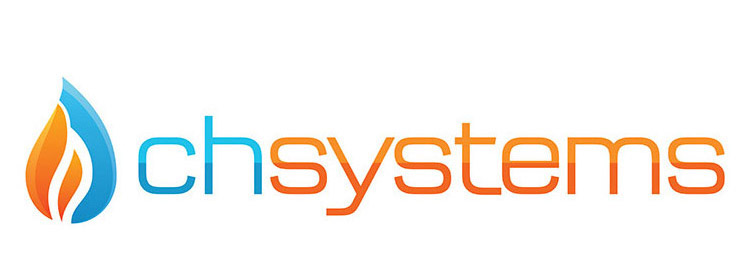Why every business should manage their energy bills online: 5 benefits
Since the outbreak of coronavirus businesses the world over have been forced to adapt and survive – this has meant different things for different companies but one change that has been universal for most businesses, is managing your business energy online. It’s an obvious way to streamline procedures in a time when a quick chat over the desk to sort out a glitch or clarify an issue (right at the minute) is no possible.
Have a look at these five benefits of managing your business energy online:
1. You will have Global Access to your bills – whether you’ve vacated the city for time in the countryside or you’re on a business trip (or perhaps even on holiday), with internet access and a device, you’ll be able to keep tabs on your account and make payments if necessary.
2. With an online account there will no longer be a need for paper bills, which eliminates paper waste and is a great way for your company to Go Green without much effort. All the information you will need to run your account – see your bills, make payments, make changes – will be available online.
3. With many businesses running at reduced capacity, there is far less time to deal with endless call-waiting if you need information about your energy account – online chats might be a quicker option and you should be able to find a lot of the information you may need by accessing your account online. This is a massive Time Saving for you as a business owner or manager.
4. Submitting metre readings online could be the best way to Avoid Overpaying while your business premises are empty – this is very easy to do online, and especially useful when energy providers have stopped sending someone to read your metre as a result of lockdown restrictions and personnel shortages.
5. Managing your energy online gives you the option to check your balance at any time so there are no surprises, which helps you Stay In Control of your finances. You will be able to search specific payments, view consumption amounts, check balances, access payment history and oversee any irregular charges.
For more benefits, check out Britishgas.co.uk.
For all your energy related questions, feel free to contact the CH Systems team on 0208 302
8149 or info@chsystems.cc.


